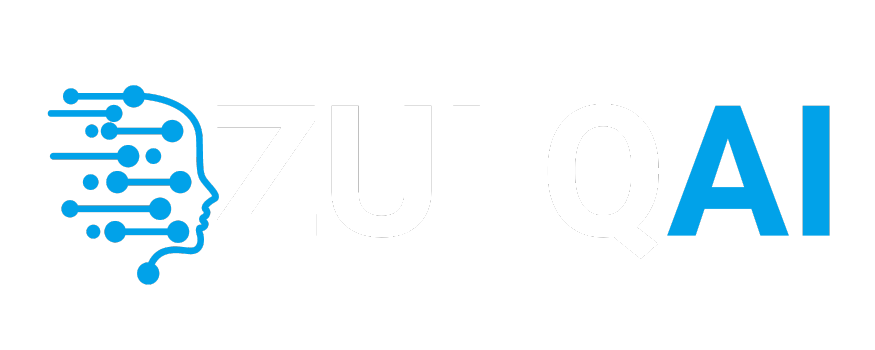This week, I explored foundational concepts of Artificial Intelligence (AI), its diverse roots, and applications. AI, established after World War II, is a universal field with immense opportunities for groundbreaking contributions.
Key foundations of AI include philosophy, mathematics, economics, neuroscience, psychology, computer engineering, and control theory. Feedback is crucial for building intelligent systems, as seen in the success of the Wright brothers. AI’s economic impact is projected to be $13-22 trillion by 2033, with generative AI already proving valuable.
I learned about Natural Language Processing (NLP) by comparing how children learn languages from their environment. I also defined key concepts:
- Intelligence: The ability to learn, improve, and solve problems.
- Artificial Intelligence: Teaching machines to learn and perform tasks, increasing efficiency.
- Agent: An entity that acts on behalf of another.
- Rationality: Making unbiased decisions.
- Logical Reasoning: Breaking down complex tasks to solve problems.
I explored Turing’s original paper on AI and discussed objections to machine intelligence, such as consciousness, common sense, and informal behavior, which remain relevant today. I also reflected on reflex actions, which are survival mechanisms rather than intelligent actions.
In machine learning, I learned that supervised learning is more valuable than unsupervised learning due to data quality. Transfer learning allows machines to use knowledge from one task to assist another, and reinforcement learning uses a reward-punish system similar to human learning. I also learned about knowledge graphs, which map entities and add value to economics.
I considered whether achieving a high IQ score makes a computer more intelligent than a human, concluding that IQ is not the only measure of intelligence—emotional intelligence is equally important. I also researched the neural structure of the sea slug Aplysia and found that high-end computers have surpassed it in terms of memory updates per second.
I evaluated various systems for their AI involvement, such as web search engines (moderate to high AI) and internet routing algorithms (high AI). I also reflected on the complex mathematics involved in cognitive activities, noting that while our brains perform sophisticated processes, we may not be consciously aware of the underlying math.
Regarding AI as science or engineering, I believe it is both—requiring research to understand concepts and engineering to build systems. I explored animal and computer intelligence, noting that while both operate within certain constraints, they can learn and adapt.
I also looked into the current capabilities of AI in various tasks, such as playing table tennis and providing legal advice. Lastly, I reflected on AI’s societal impact, acknowledging its potential benefits and downsides, like biases and privacy concerns, and the importance of reducing biases in AI systems.

